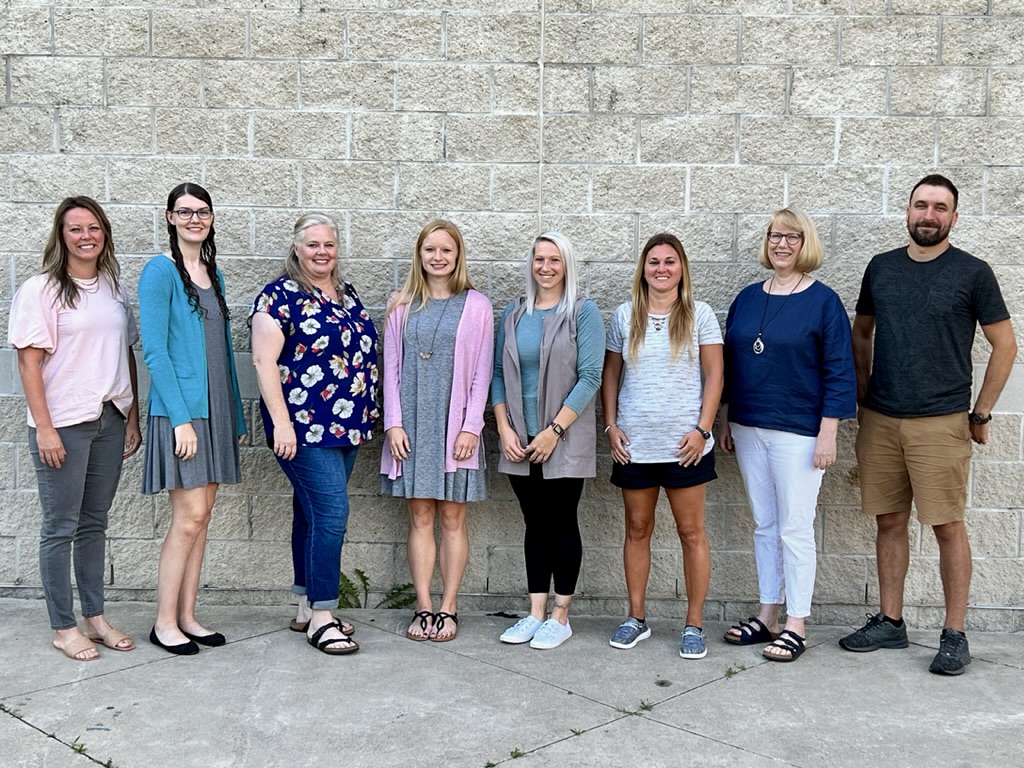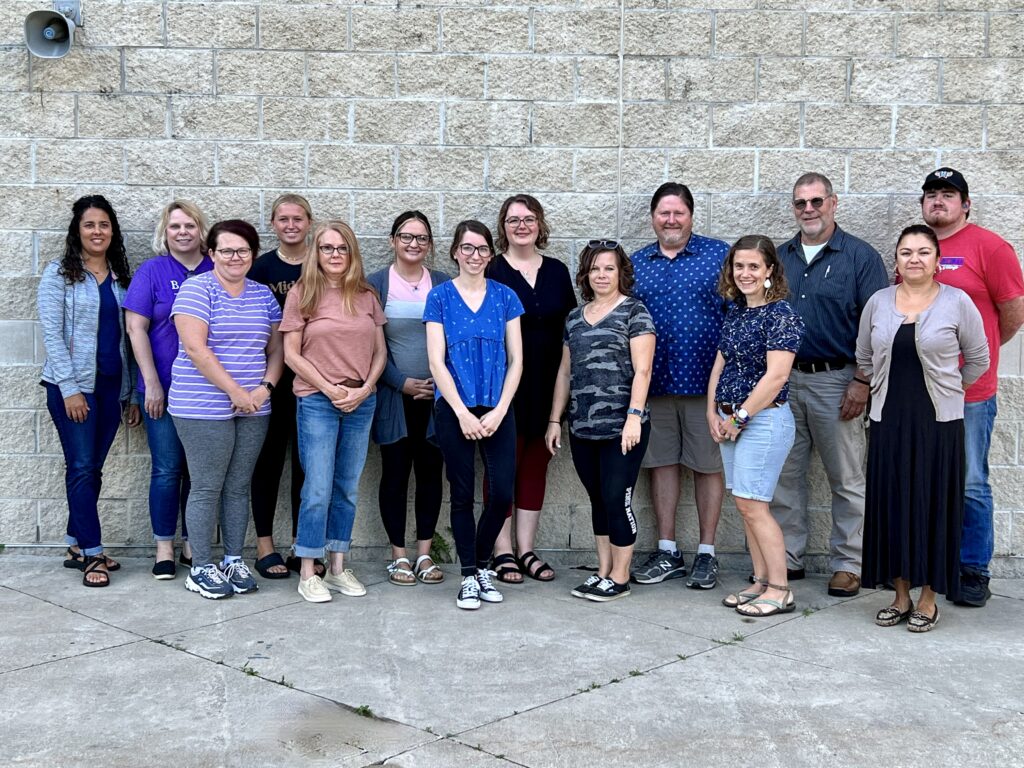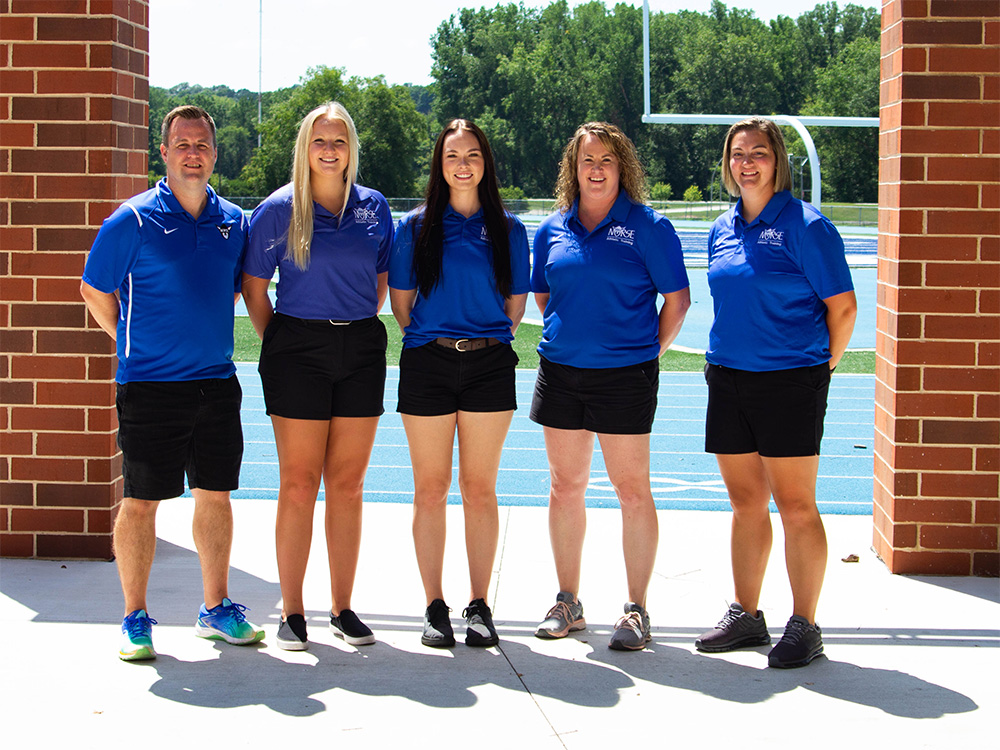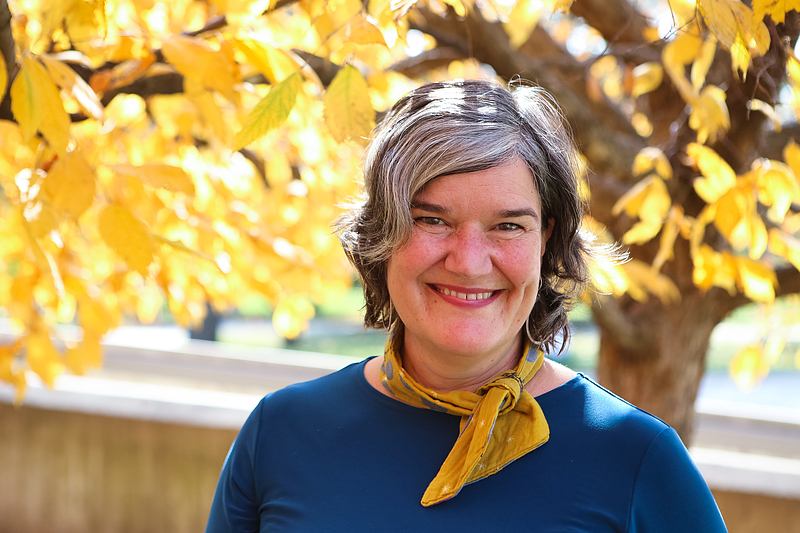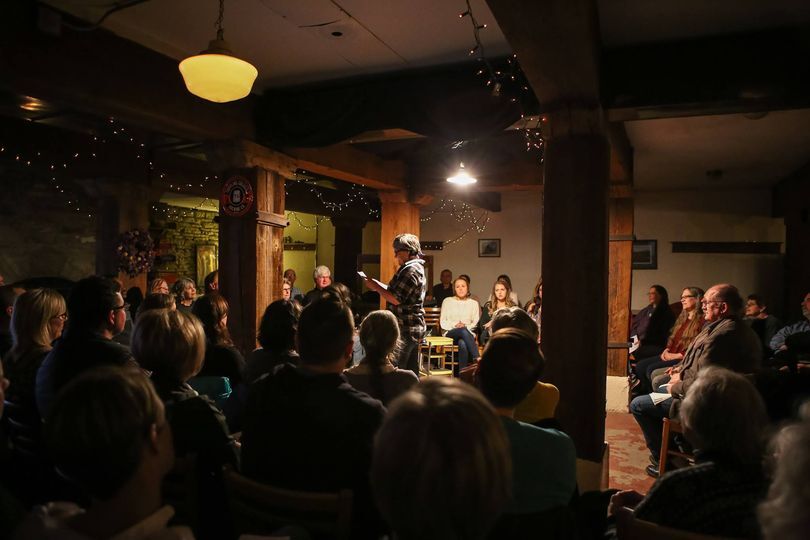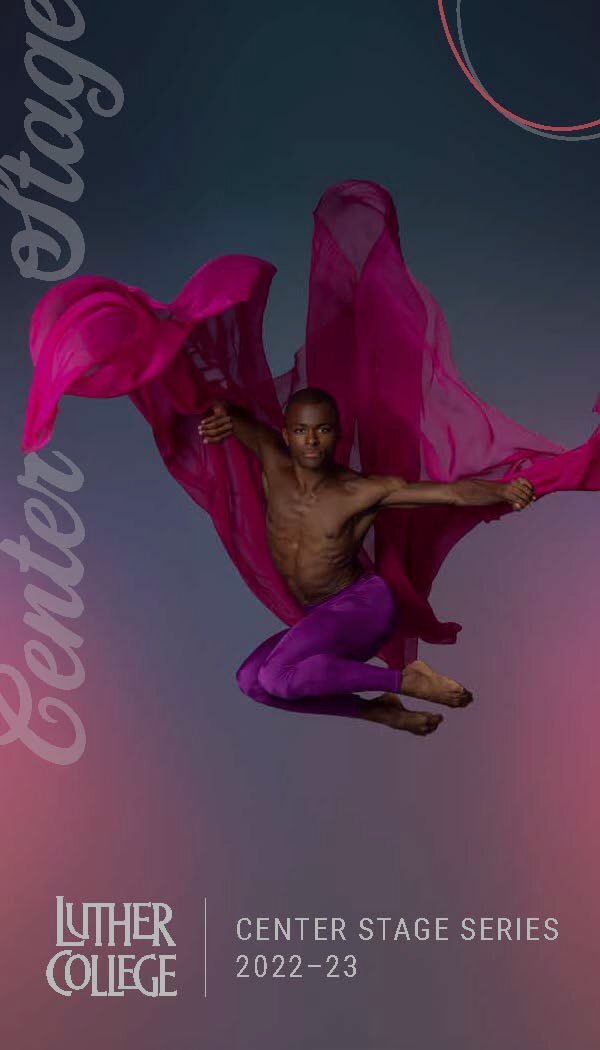Decorah Public Library staff are hosting six book discussions in September. The groups are open to the public and newcomers are encouraged to attend. Anyone interested should call the library at 382-3717 to learn more or to reserve a book. Zoom links are available on the Library’s website or you can email ktorresdal@decorahlibrary.org to be added to any of the groups’ email distribution lists. Funds for multiple copy sets were generously provided by Friends of Decorah Public Library.
For more information, contact Tricia Crary (Friday Book Group), Zach Row-Heyveld (Cookbook, Quick Bites Groups and Troubled Water) or Kristin Torresdal (Happy Hour, History, and Speculative Fiction Book Groups) at 563-382-3717.

Bewilderment
The Happy Hour Book Group will hold a hybrid meeting Wed. Sept. 7 at 5:15 p.m. to discuss Richard Powers’ “.” In-person attendees will meet in the lower-level public meeting room at the library and digital attendees will join via Zoom. The astrobiologist Theo Byrne searches for life throughout the cosmos while raising his nine-year-old, Robin, following the death of his wife. Robin is a warm, kind boy who spends hours painting elaborate pictures of endangered animals. He’s also about to be expelled from third grade for smashing his friend in the face. As his son grows more troubled, Theo hopes to keep him off psychoactive drugs, and he learns of an experimental neurofeedback treatment to bolster Robin’s emotional control.

How to Grill Everything
The Cookbook Group will meet in person at Shelter 2 in Phelps Park on Thursday September 8 at 6:30 p.m. for the potluck and final discussion of Mark Bittman’s “How to Grill Everything.” “How to Grill Everything” features 1,000 recipes and variations, plus Bittman’s practical advice on all the grilling basics. Recipes cover every part of the meal, including appetizers, seafood, meat and poultry, vegetables (including vegetarian mains), and even desserts. Plenty of quick, high-heat recipes will get dinner on the table in short order (Spanish-Style Garlic Shrimp, Green Chile Cheeseburgers); low and slow “project” recipes (Texas-Style Smoked Brisket, Pulled Pork with Lexington BBQ Sauce) are ideal for leisurely weekend cookouts. You’ll also find unexpected grilled treats like avocado, watermelon, or pound cake, and innovative surprises—like cooking meat loaf or from-scratch Rosemary Olive Oil Bread on the grill—to get the most out of every fire.

Wilmington’s Lie: The Murderous Coup of 1898 and the Rise of White Supremacy
The Friday Book Group will hold a hybrid meeting Fri. Sept. 16 at 2:00 p.m. to discuss David Zucchino’s “Wilmington’s Lie: The Murderous Coup of 1898 and the Rise of White Supremacy.” In-person attendees will meet in the lower-level public meeting room at the library and digital attendees will join via Zoom. By the 1890s, Wilmington was North Carolina’s largest city and a shining example of a mixed-race community. But across the state, white supremacist Democrats were working to reverse the advances made by former slaves and their progeny. They suppressed the Black vote and stuffed ballot boxes to win control of the state legislature on November 8th, 1898. Two days later, more than 2,000 heavily armed Red Shirts swarmed through Wilmington and shot at least sixty Black men dead in the streets. The rioters forced city officials to resign at gunpoint and replaced them with mob leaders. In “Wilmington’s Lie,” Pulitzer Prize-winner David Zucchino uses contemporary newspaper accounts, diaries, letters, and official communications to create a narrative of a forgotten chapter of American history.

Humanism and the Culture of Renaissance Europe
The History Book Group will hold a hybrid meeting Thurs. Sept. 22 at 3:00 p.m. to discuss Charles Nauert’s “Humanism and the Culture of Renaissance Europe.” In-person attendees will meet in the lower-level public meeting room at the library and digital attendees will join via Zoom. In this updated edition of his classic account, Charles Nauert charts the rise of humanism as the distinctive culture of the social, political, and intellectual elites in Renaissance Europe. He traces humanism’s emergence in the unique social and cultural conditions of fourteenth-century Italy and its gradual diffusion throughout the rest of Europe, and he shows how, despite its elitist origins, humanism became a major force in the popular culture and fine arts of the fifteenth and sixteenth centuries, and the impact it had on both the Protestant and Catholic Reformations.

The Silmarillion
The Speculative Fiction Book Group will meet via Zoom Wed. Sept. 28 at 5:15 p.m. to discuss J.R.R. Tolkien’s “The Silmarillion.” “The Silmarillion” is an account of the First Age of Tolkien’s world. It is the ancient drama to which the characters in “The Lord of the Rings” look back, and in whose events some of them, such as Elrond and Galadriel, took part. These tales are set in an age when Morgoth, the first Dark Lord, dwelt in Middle-earth, and the High Elves made war upon him for the recovery of the Silmarils, the jewels containing the pure light of Valinor.

The Murders of Molly Southbourne
The Speculative Fiction Novella Group will meet via Zoom Wed. Sept. 28 at 6:15 p.m. to discuss Tade Thompson’s “The Murders of Molly Southbourne.” Whenever Molly Southbourne bleeds, another molly is born, identical to her in every way and intent on her destruction. Molly knows every way to kill herself, but she also knows that as long as she survives, she’ll be hunted. No matter how well she follows the rules, eventually the mollys will find her. Can Molly find a way to stop the tide of blood, or will she meet her end at the hand of a girl who looks just like her?
